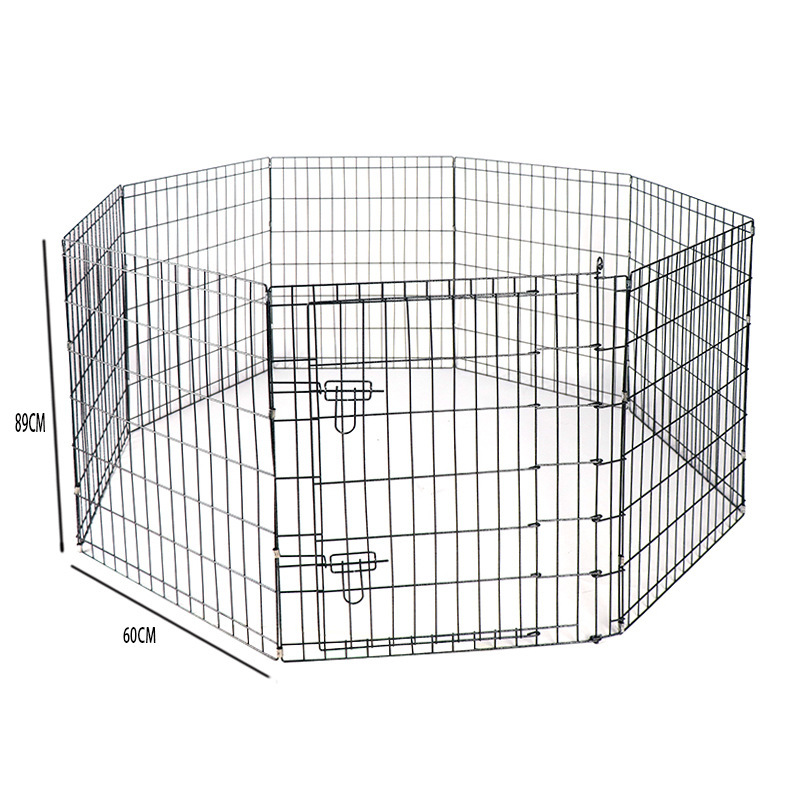Twenty-five grants reflect growing scale and impact of the Chesapeake Watershed Investments in Landscape Defense (WILD) Program
BALTIMORE, MD (November 13, 2023) – Today the U.S. Fish and Wildlife Service and the National Fish and Wildlife Foundation (NFWF) announced 25 grants totaling $7.4 million to support wildlife habitat, climate resilience, community conservation partnerships and equitable access to nature in the Chesapeake Bay watershed. Aquarium Filter Material

This year’s slate of grants will advance the goals of the Chesapeake Watershed Investments in Landscape Defense (Chesapeake WILD) Program and leverage more than $12 million in grantee matching funds, for a total conservation impact of $19.4 million.
“The Chesapeake WILD program is a critical new tool for protecting native habitats, preserving wildlife, and boosting the health of our outdoor economy,” said Senator Chris Van Hollen. “Delivering these resources to our partners in Maryland — who are working on the front lines of this effort — is exactly what I had in mind when authoring this legislation. These federal dollars will help local stewards of the Chesapeake Bay improve its water quality, restore our wetlands, and protect wildlife that has been threatened by development and pollution.”
The Chesapeake Bay is the largest estuary in the U.S. and home to thousands of species of plants and animals. Nearly one million waterfowl winter on and near the bay each year — approximately one-third of the Atlantic Coast’s migratory population. More than 18 million people live and work in the Chesapeake Bay region, many depending on industries tied to the health of the watershed, like outdoor recreation, farming, and fishing.
“The goal of the Chesapeake WILD Act is to equip our on-the-ground partners with resources to improve the long-term health of the Bay watershed and its inhabitants,” said Congressman John Sarbanes. “That’s why I am so proud to be at the National Aquarium today to announce the second round of Chesapeake WILD grant recipients. So far, these grants have aided our local, state, and regional partners’ abilities to conserve land, increase resiliency, and restore critical habitat. I look forward to seeing how the 2023 recipients utilize this funding to promote a healthy Bay for future generations.”
The Chesapeake WILD program was established through legislation authored by Senators Van Hollen and Capito, as well as Representatives Scott (VA) and Wittman, and enacted into law in 2020. It supports collaborative conservation in the watershed and provides grant funding for community-driven projects that align with five interrelated focal areas for sustaining the health of the watershed and its inhabitants into the future:
The Service partners with NFWF to deliver the Chesapeake WILD grant program as part of the Foundation’s broader Chesapeake Bay Stewardship Fund — a portfolio of competitive grant programs helping to restore and protect the Chesapeake Bay watershed.
“The Chesapeake WILD program adds critical new resources, agency support, and technical assistance investments for habitat restoration and protection, public access, and community engagement activities across the Chesapeake Bay watershed,” said Jeff Trandahl, executive director and chief executive officer of the National Fish and Wildlife Foundation. “We look forward to working with the U.S. Fish and Wildlife Service and our many partners in the Chesapeake Bay watershed to continue building on the Foundation’s long legacy of conservation and restoration efforts in the region.”
The awards announced today will ultimately protect more than 4,700 acres of fish and wildlife habitat, including 2,000 acres of key wildlife corridors in anticipated high elevation migration paths, restore more than 32 miles of riparian forest habitat, reconnect nearly 120 miles for migratory fish species, and improve recreational access for more than 31 miles of river and trails. Many of these projects address conservation needs in vulnerable communities.
A few select examples of the grant awards include:
A full list of 2023 Chesapeake WILD grant projects is available here. See a list of quotes from elected officials about today’s grant announcement here. For more information about NFWF’s Chesapeake Bay Stewardship Fund, please visit www.nfwf.org/chesapeake.
About the U.S. Fish and Wildlife Service The U.S. Fish and Wildlife Service works with others to conserve, protect, and enhance fish, wildlife, plants, and their habitats for the continuing benefit of the American people. For more information, visit www.fws.gov.
About the National Fish and Wildlife Foundation Chartered by Congress in 1984, the National Fish and Wildlife Foundation (NFWF) protects and restores the nation’s fish, wildlife, plants and habitats. Working with federal, corporate, foundation and individual partners, NFWF has funded more than 6,000 organizations and generated a total conservation impact of $8.1 billion. NFWF is an equal opportunity provider. Learn more at nfwf.org.
Rob Blumenthal, 202-857-0166, rob.blumenthal@nfwf.org

Other Pet Products 1133 Fifteenth St. N.W., Suite 1000 Washington, DC 20005 T 202-857-0166 | F 202-857-0162